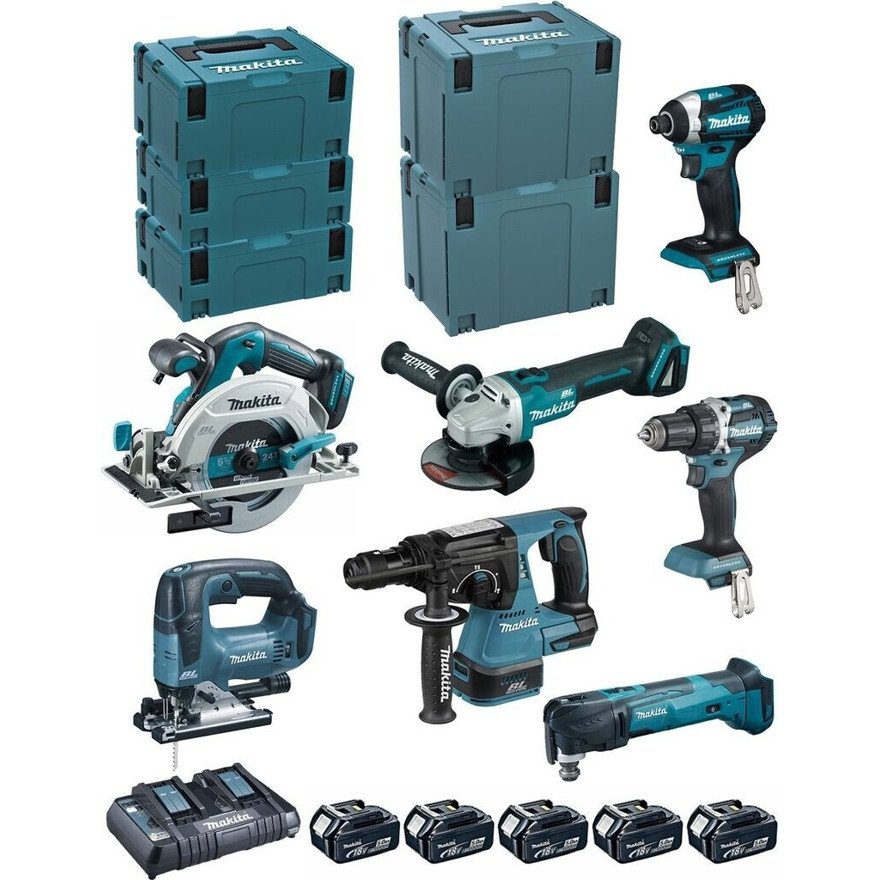Router Comparison: Choosing the Right Network Solution for Your Needs
In today's hectic digital world, having a trusted web connection is more important than ever. Whether for gaming, streaming, or Remote Work, the foundation of an excellent internet experience is a high-quality router. With an array of routers offered on the marketplace, making a notified choice can be frustrating. This comprehensive guide compares different router types, their functions, and considerations to assist users choose the very best router for their requirements.
Types of Routers
Before diving into the comparison, it's vital to understand the various kinds of routers available on the market:
- Single-Band Routers: Operate on a single frequency (usually 2.4 GHz). They are cost-effective but have actually restricted speed and blockage vulnerability.
- Dual-Band Routers: Operate on both the 2.4 GHz and 5 GHz bands. They offer much better performance and more options for users who require stronger signals for numerous devices.
- Tri-Band Routers: Include one 2.4 GHz band and 2 5 GHz bands. They are ideal for environments with many devices to decrease blockage and maintain high speed.
- Fit together Routers: Consist of several nodes that work together to supply seamless protection throughout bigger areas. Akku Werkzeug Set 18v Bürstenlos 5-Teilig Im Koffer are suitable for bigger homes or spaces where signal strength needs to be consistent throughout.
- Video gaming Routers: Specifically created for online gaming, providing features like Quality of Service (QoS) to prioritize video gaming traffic and decrease latency.
- VPN Routers: Come pre-configured with VPN support, enabling privacy and security for users looking to keep anonymity on public networks.
Secret Features to Compare
When comparing routers, several key features need to be considered. The following table highlights different routers' key aspects based on common functions and specs:
| Feature | Single-Band | Dual-Band | Tri-Band | Mesh | Video gaming |
|---|---|---|---|---|---|
| Speed (Mbps) | Up to 300 | As much as 1200 | Up to 3000 | As much as 3000 | Up to 4000 |
| Range | Low | Moderate | High | Extremely High | Moderate |
| Simultaneous Connections | 10-20 | 20-30 | 30+ | Unlimited (depends upon nodes) | 15-25 |
| Security Features | Basic | WPA2/WPA3 | WPA2/WPA3 | WPA2/WPA3 | Advanced QoS |
| Control App Availability | No | Yes | Yes | Yes | Yes |
| Price Range (GBP) | ₤ 25-₤ 75 | ₤ 75-₤ 200 | ₤ 200+ | ₤ 200-₤ 600 | ₤ 150-₤ 400 |
In-Depth Comparison of Popular Brands
The marketplace is replete with brands using routers loaded with various features. Here's a summary of some popular router brand names in addition to their essential offerings:
1. Netgear
- Models: Nighthawk RAX200 (tri-band), RAX40 (dual-band)
- Notable Features: High-speed abilities with advanced QoS; excellent for heavy users and players.
2. TP-Link
- Models: Archer AX6000 (dual-band), Deco X60 (mesh)
- Notable Features: Affordable rates with decent efficiency; the Deco series offers a robust mesh option for big homes.
3. Asus
- Designs: RT-AX88U (dual-band), ZenWiFi AX (mesh)
- Notable Features: Highly customizable functions and outstanding interface; great for tech savvies wanting to manage their networks.
4. Linksys
- Models: EA9500 (tri-band), Velop (mesh)
- Notable Features: User-friendly user interface; trusted connection across several devices.
5. Google Nest
- Designs: Nest WiFi (mesh)
- Notable Features: Integration with Google Assistant; simple setup procedure and excellent for clever homes.
Factors to consider When Choosing a Router
When selecting a router, numerous aspects must be considered:
- Internet Speed: Ensure the router can handle the internet speed offered by your ISP.
- Area Coverage: Consider the size of your space. Larger homes might benefit from a mesh system or a high-range router.
- Number of Devices: Think about the number of devices will be connected all at once.
- Usage Type: Different activities (gaming, streaming, working from home) need various performance levels.
- Security Needs: Ensure that the router supports modern security protocols and functions to secure your network.
FREQUENTLY ASKED QUESTION
1. What is the distinction in between a modem and a router?
A modem links your home to the web, while a router creates a local network to share that internet connection with numerous devices.
2. Do I really require a dual-band router?
If you have several gadgets and use bandwidth-intensive applications (like streaming or video gaming), a dual-band or tri-band router would be advantageous for dispersing signal load.
3. What is a mesh network, and when should I use one?
A mesh network consists of several interconnected nodes, providing smooth web coverage throughout bigger locations. It's perfect for large homes or spaces with bad connectivity.
4. How typically should I replace my router?
Generally, routers must be updated every 3-5 years. However, if you experience sluggish speeds or can not connect brand-new gadgets, it may be time for an upgrade sooner.
5. What features should I prioritize for a gaming router?
Look for functions like QoS for focusing on video gaming traffic, low latency, great bandwidth, and adequate connection options.
Choosing the best router is essential for an optimized internet experience. The choice needs to be based upon individual needs, including web usage and home layout. By comparing the types, functions, brands, and keeping in mind the factors to consider highlighted in this guide, users can confidently pick a router that fits their requirements and boosts their online activities. With the right router in place, users can take pleasure in quick, trustworthy connections that meet their digital needs.

